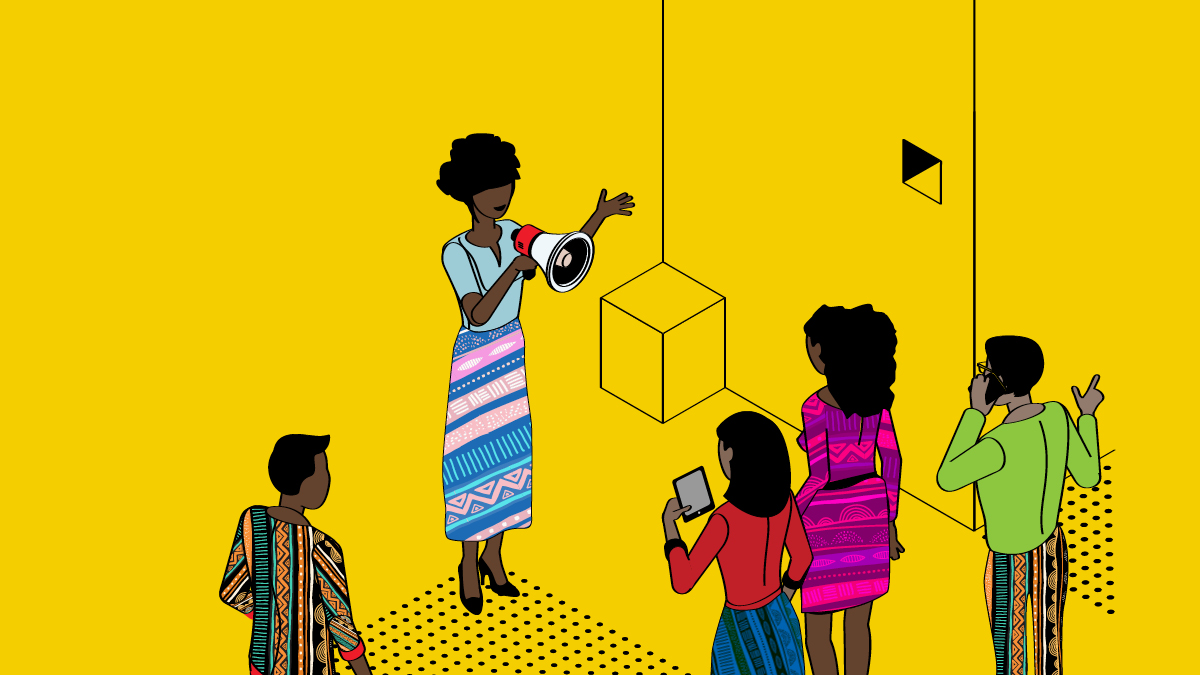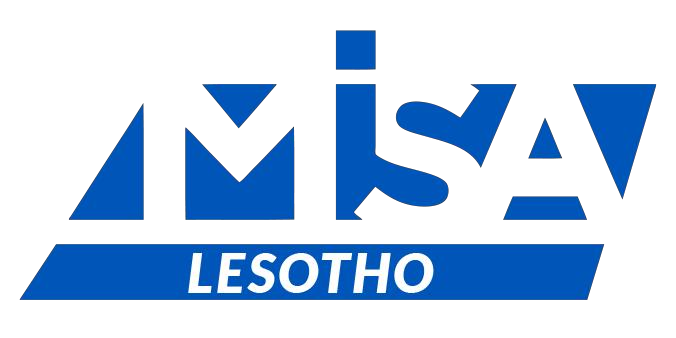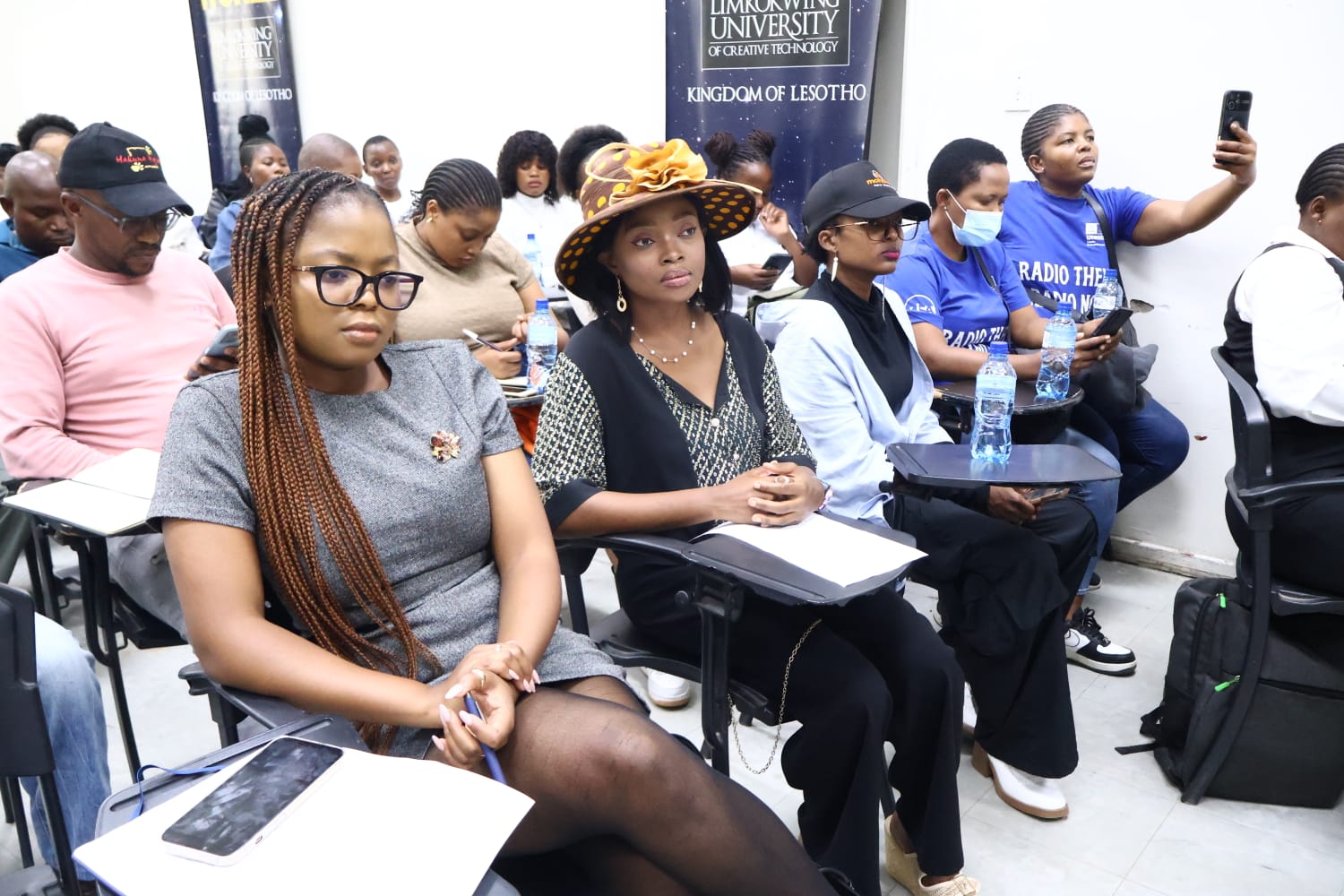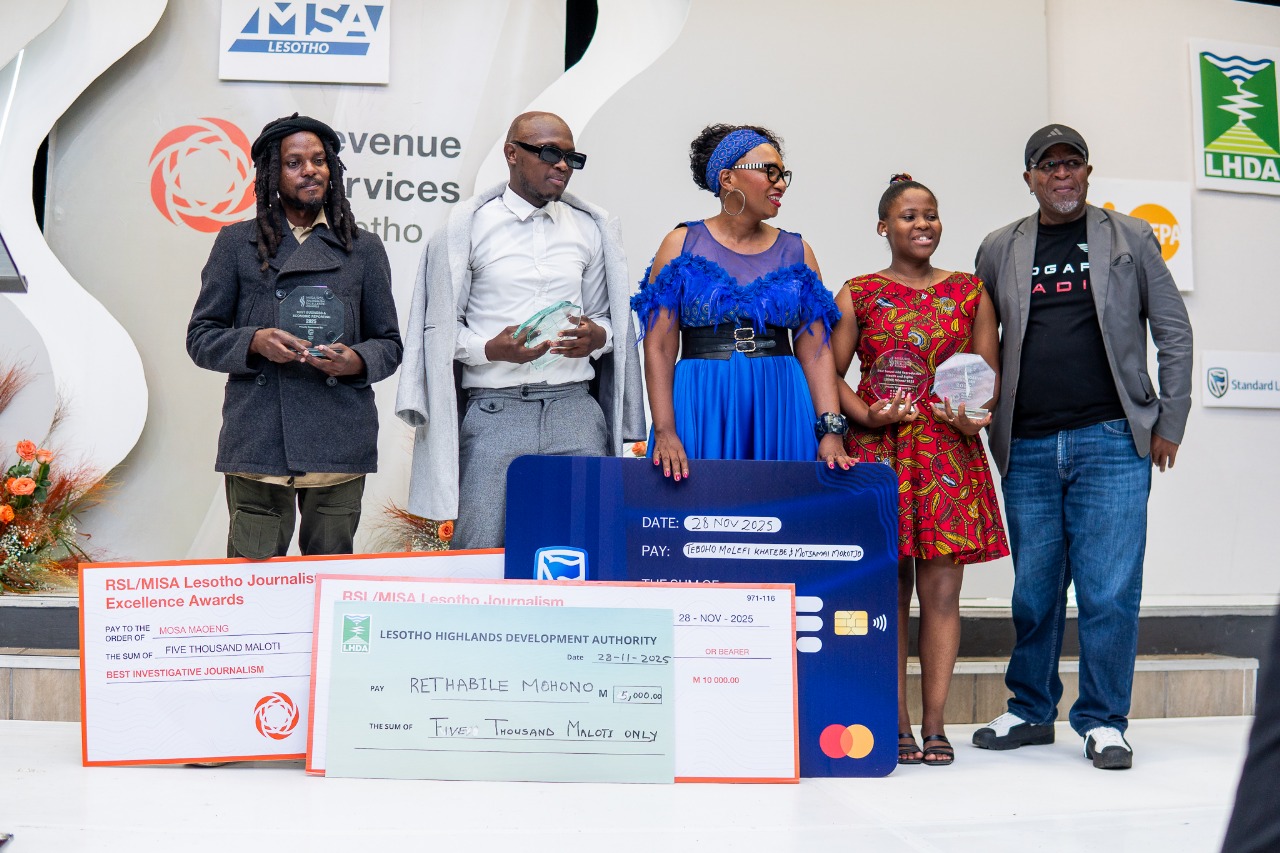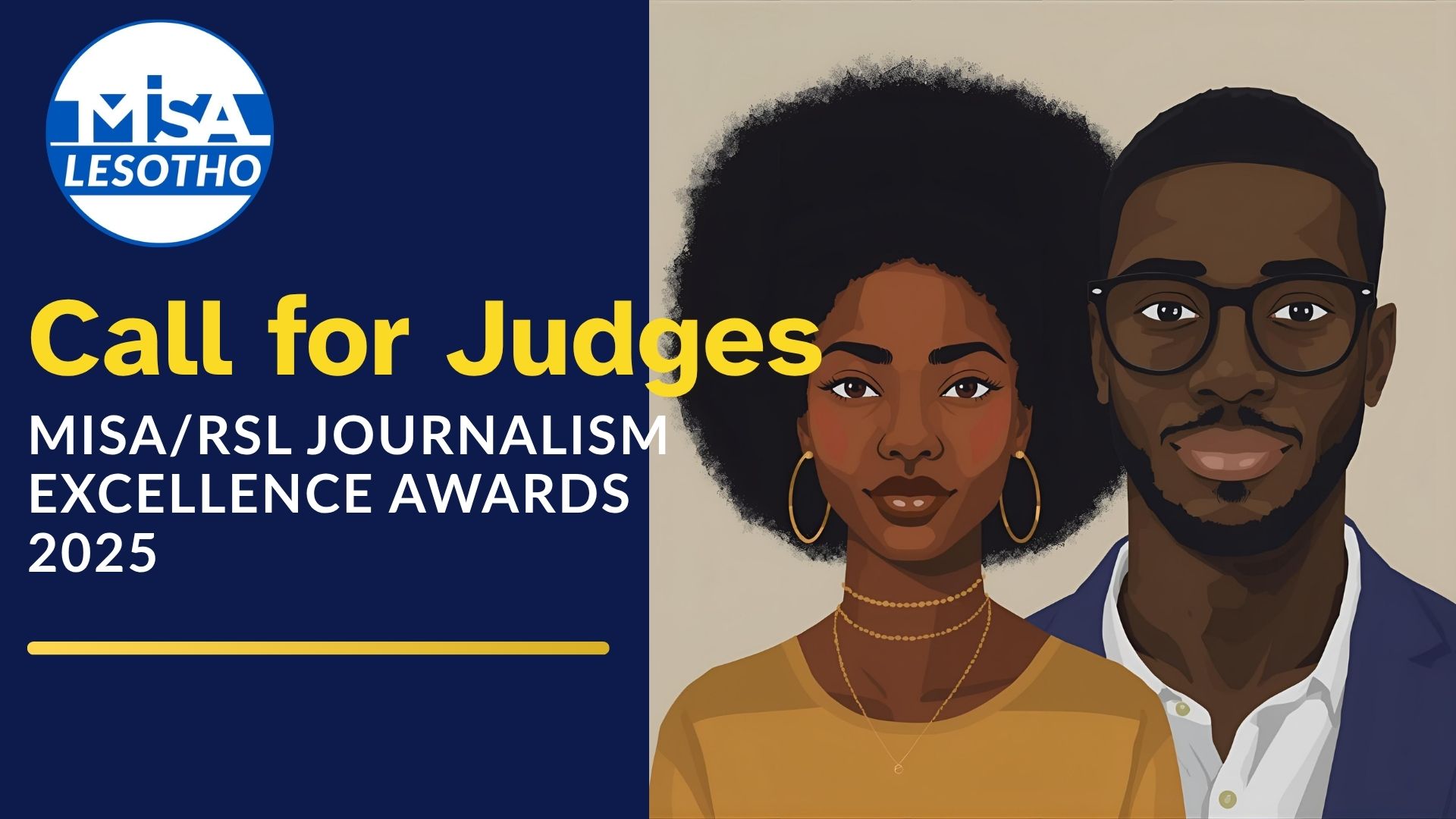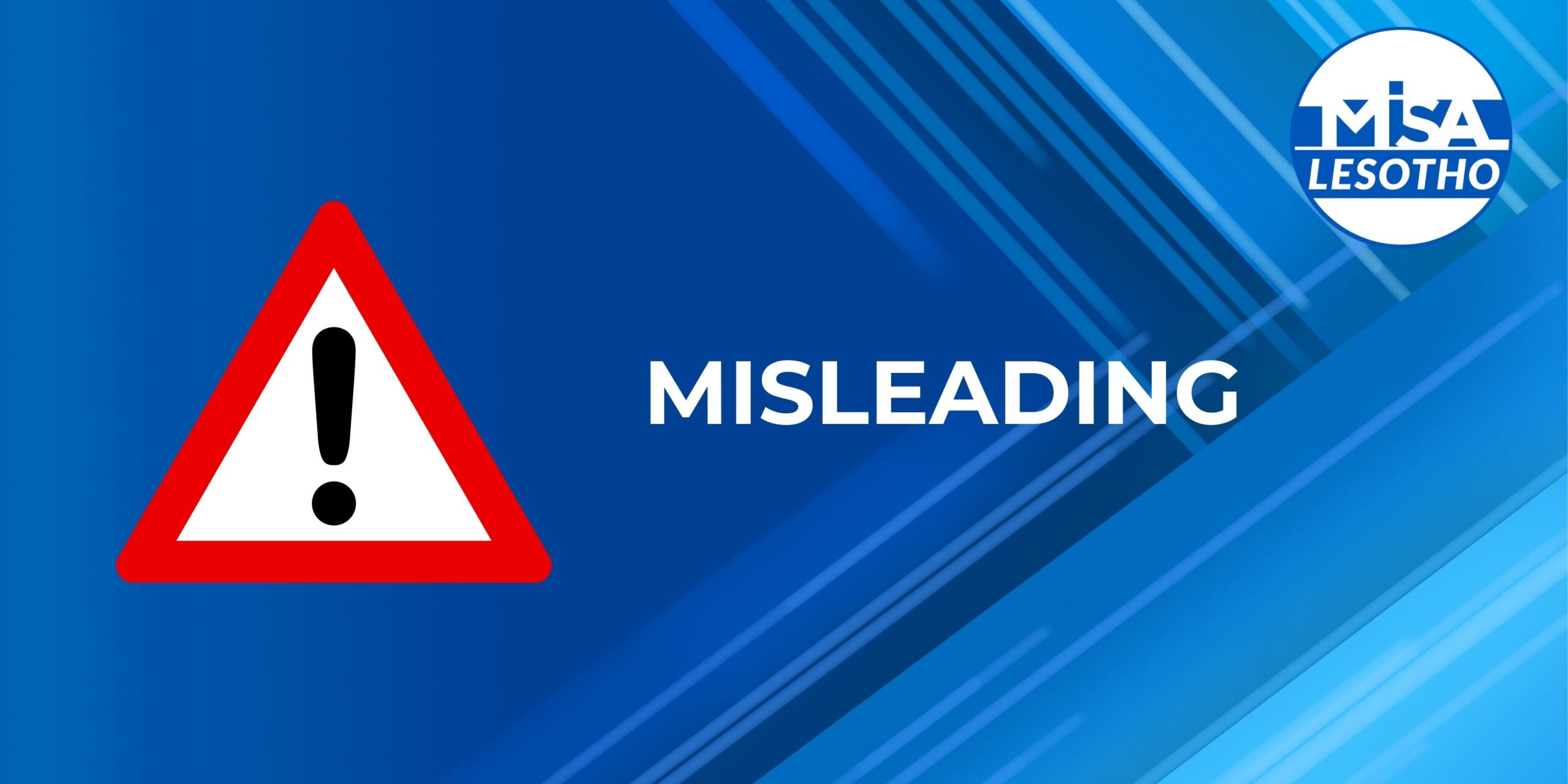As the world celebrates 10th edition of the World Radio Day under the theme: New World, New Radio – the radio industry in Lesotho is faced with the challenge of resilience amid the global fast changing trends. The advent of Coronavirus has added salt to the wound.
Radio is known worldwide to be the most affordable, spontaneous, convenient, reliable and influential mode of communication. Radio has proved its relevance in over a century of its existence. But its relevance as an educator, informant and entertainer, is gradually being tested and compromised by the advent or extensive use of social media.
Covid-19 has aggravated the situation by further exposing weaknesses in our radio industry. Misinformation, propaganda and conspiracy theories are spreading fast on the new media, without radio being able to counter the infodemic.
MISA Lesotho, as an advocate and a non-governmental organization dedicated to promote independence, diversity and pluralism of the media sector in the country, has earlier engaged in a brief study on the effects of the advent of Covid-19 on the fraternity.
An overview of the exercise shows how much the radio industry was not spared the brunt of chilling effects of the pandemic. Most radio stations have cut staff benefits while in some radio stations workers have been relieved off duties.
The liberalization of radio waves by the government in 1998 has dashed away the three-decade dominance of the state-owned Radio Lesotho, which had enjoyed monopoly since 1964. There are today, close to 30 terrestrial radio stations and one online radio station. Calls for transformation of the Lesotho National Broadcasting Service (LNBS), which manages Radio Lesotho and Ultimate FM, from being a state owned and a propaganda machinery for the political elite into a public broadcaster have become a mantra for 20 years.
The radio industry in Lesotho enjoyed relative freedom in the last decade, but this development has been dramatically changed when Facebook and Twitter entered the social media space. Journalists are beneficiaries of confidential information being siphoned off offices and cabinet meetings as well as in-camera meetings within political parties. They are shared by disgruntled participants in those meetings.
However, journalists get the backlash of being harassed, intimidated and sometimes verbally rebuked by politicians for trespassing by obtaining top secrets of government illegally. The positive trend of radio freedom has regressed with defamation cases lodged by top elite public figures, claiming that their privacy rights are violated when videos go viral in Facebook and twitter pages with journalists picking these as news.
Citizens’ rights to freedom of expression are relatively high as ordinary Basotho air their views undeterred on radio stations across the length and breadth of the country. However, this freedom is limited by the inability of radio stations to reach rural areas. Community media is a non-starter in Lesotho. There are only six community radio stations in five districts.
Speech by MISA Lesotho Chairperson Nkoale Oetsi Tsoana to mark World Radio Day 2021.




